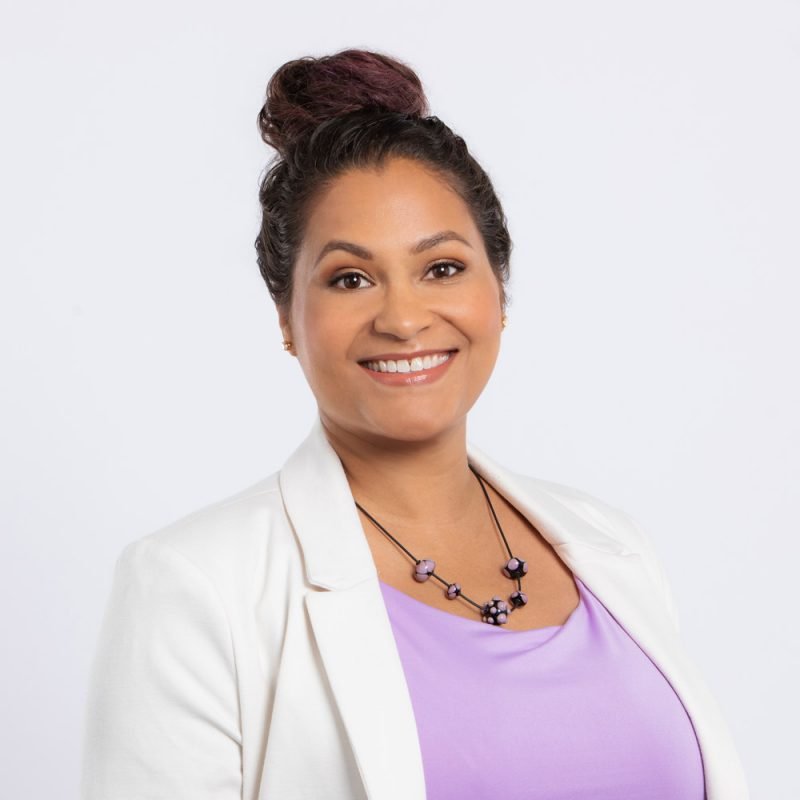In Philadelphia, where Black people make up 43 percent of the population, recent studies have found that Black residents are still left out of business ownership and the city’s ongoing success in biotech. According to Philly Magazine, only 2.5 percent of businesses in the city are Black-owned. And, a 2019 report by the Economy League found that Black people only made up 8.8 percent of the tech workforce. A recent report by the Center City District (CCD) and Central Philadelphia Development Corporation (CPDC) found that “Philadelphia has both the lowest number of Black-owned firms in relation to Black residents and the lowest number of businesses in relation to overall population” in comparison to cities such as Atlanta, Boston, New York and Washington D.C.
“To reduce unemployment and poverty as the health crisis ends and recovery begins, Philadelphia will require far more than a return to the status quo before Covid,” the report concludes. “We need a sustained effort to increase the number of Black and minority-owned businesses as well as much greater attention to business growth overall.”
As the country continues to grapple with a pandemic that has disproportionately impacted Black and Brown communities, Philly officials and leaders are hoping to address racial disparities in their business and tech communities head on.
The city recently created the Philadelphia Regional Recharge and Recovery Taskforce and laid out six economic goals designed to help the city recover from COVID-19. According to the Philadelphia Business Journal, one of these goals is to “increase opportunities for Black-and-brown-owned small and midsize businesses.” The publication reports Gov. Tom Wolf, Mayor Jim Kenney and Comcast Senior Executive Vice President David L. Cohen are among the 120 members of the task force.

Brigitte Daniel, executive vice president of Wilco, says she still wants to see how the task force plans to achieve its goals, but its formation is a step in the right direction. “There’s a lot we still need to address,” she says. “The only silver lining [of this year] is that it has unearthed inequities that we have known have been around for decades.”
The Philadelphia Regional Recharge and Recovery Taskforce isn’t the only initiative attempting to tackle these systemic issues. Nick Frontino, Economy League’s managing director, says making capital more accessible for Black and Brown founders should be a top priority for leaders working on this. “if we can’t figure out how to bridge that gap in a real way, then there’s no way that we’re going to be able to kind of lift Philadelphia out of some of the deep structural economic challenges,” he says.

Philadelphia Anchors for Growth and Equity (PAGE) recently received a grant to help with this. The organization works with educational and medical institutions in Philadelphia to increase the institutional spend with Black and Brown businesses. Recently, this included bringing together executives from local companies and working with them on individualized plans to shift spending to minority-owned businesses. “We identified close to $2 billion of spend in about 20 categories [and] we believe if we focus on just a few of these categories, we’ll be able to ship millions in dollars in spend,” PAGE director J’nelle Lawrence says.
This month, PAGE was awarded a $300,000 grant from the U.S. Department of Commerce to create a program that will focus on helping Black and brown companies prepare for opportunities that may arise. “The worst thing we want is to have them get work with Penn or Temple or Drexel and then fail,” Lawrence says. “This pilot program is designed to build capacity for these businesses.” As of now, PAGE is hoping to have about 25 businesses in the first two years of this program.
Access to capital isn’t the only issue that minority business owners in Philly face, though. Frontino says a part of their work also includes making sure companies don’t have practices that would unintentionally limit their work with these businesses. “One of the things we do is work with the anchor institutions to help them understand how they might be able to responsibly change some of their policies and procedures to lower barriers for local diverse businesses,” he says.
Daniel and other Black women in tech are continuing their work to ensure that Black women aren’t left out of the conversation, too. In 2013, the Wilco executive whose family has been involved in the Philly tech scene for four decades, founded Mogulette when she realized a lot of events geared towards women technologists in the city didn’t feature many Black women. This year, the organization will host a Women in Tech event that will focus on topics that have been at the forefront of people’s minds this year, including social justice, maternal mortality and the ongoing health pandemic, all through the lense of tech and innovation.

While TechGirlz, the nonprofit organization that offers free tech programming to middle school girls, postponed their inaugural Girls in Tech Summit this year, the 10-year-old organization has still been hosting programming online. And, they’ve exceeded their attendance goals while doing so. Prior to the pandemic, Amy Cliett, the organization’s director, says TechGirlz hoped to reach 5,500 girls throughout the country with its programming. So far this year, they’ve hosted 6,200 students. “One thing that we realized pretty quickly was that we were reaching girls that typically don’t have the ability to attend our in person workshops. Even after we’re able to go in person, we will continue to offer these virtual workshops because clearly the girls are out there and they’re excited,” Cliett says.
Still, she’s honest about the fact that the organization, which was acquired by the Illinois-based Creating IT Futures in 2019, has certainly been stretched thin this year. It’s a sentiment that’s been echoed throughout Philadelphia and the country et large this year.
“We’re still doing the best we can with what we have,” she says. “It’s very important to keep moving that needle, even if it’s just a very incremental step. It’s important to keep moving.”



